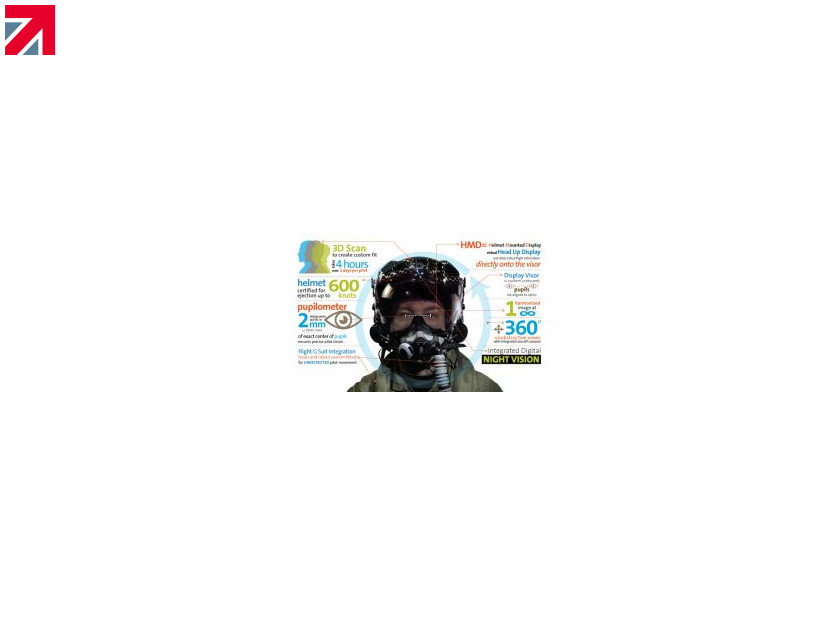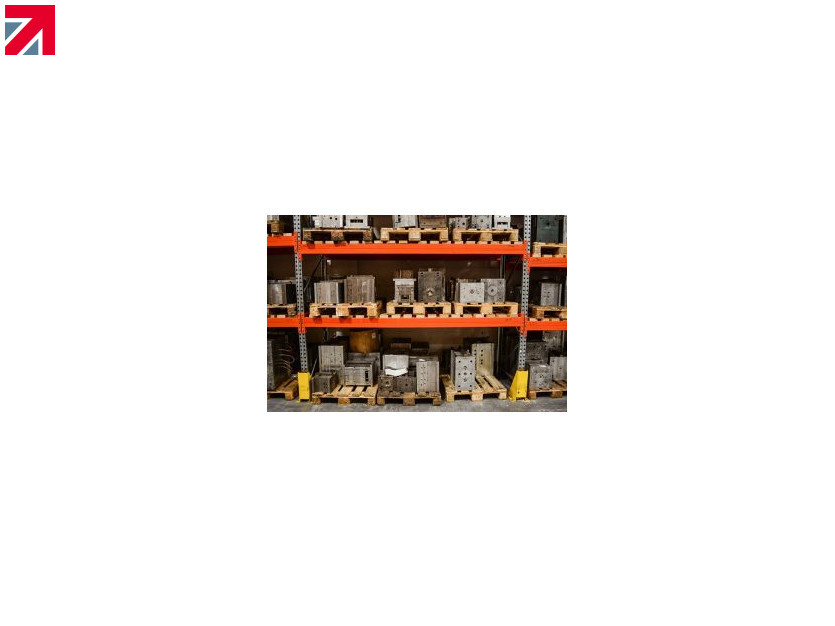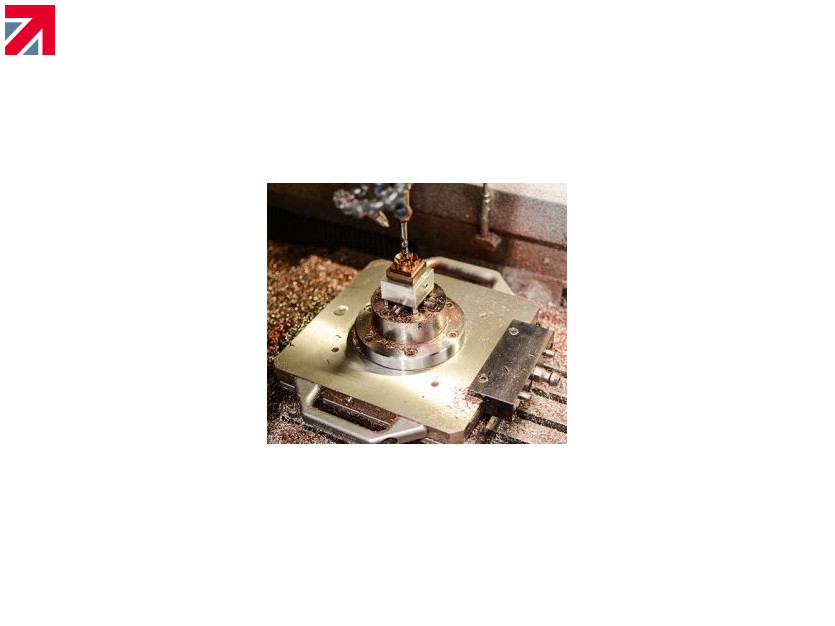Plastic Injection Mould Tooling in the Defence and Aerospace Industry
Introduction
The defence and aerospace industry demands uncompromising precision, reliability, and performance. Plastic injection mould tooling plays a critical role in meeting these requirements by enabling the production of intricate and high-quality plastic components for various applications. In this blog, we will explore the significance of plastic injection mould tooling in the defence and aerospace sector, its specific challenges, and how it contributes to achieving superior performance and functionality in critical applications.
Complex Component Manufacturing
The defence and aerospace industry often requires the production of complex plastic components with stringent dimensional and performance specifications. Plastic injection mould tooling allows for the creation of intricate geometries, tight tolerances, and critical features necessary for mission-critical applications. From aircraft interior components to electronic housings and missile parts, precision mould tooling enables the production of robust and reliable plastic components that withstand extreme environments and demanding operational conditions.
Material Selection and Performance
In the defence and aerospace industry, the selection of high-performance plastic materials is crucial for achieving optimal functionality and reliability. Plastic injection mould tooling ensures precise control over the injection process, allowing for the use of advanced engineering plastics with excellent mechanical properties, heat resistance, chemical resistance, conductivity, and flame retardancy. The ability to select and process specialised materials enables the production of lightweight, yet durable components to meet the industry's stringent performance and safety standards.
Compliance with Regulatory Standards
The defence and aerospace sector operates under stringent regulatory standards and certifications. Plastic injection mould tooling must adhere to these requirements to ensure compliance and safety. The design and fabrication of mould tools must consider factors such as material traceability, dimensional accuracy, and repeatability to meet the rigorous industry standards. Thorough quality control measures, including inspection protocols, documentation, and testing, are essential to ensure the conformity of plastic components and meet the necessary certifications and approvals.
Prototyping and Iterative Design
Prototyping and iterative design play a crucial role in the defence and aerospace industry. Plastic injection mould tooling allows for the creation of functional prototypes that can be rigorously tested and evaluated for performance, fit, and durability. Iterative design processes enable continuous improvement, refinement, and optimisation of the plastic components. This iterative approach ensures that the final components meet the demanding requirements and specifications of defence and aerospace applications.
Collaboration and Confidentiality
Collaboration between defence and aerospace manufacturers, toolmakers, and material suppliers is vital in achieving successful plastic injection mould tooling. Due to the sensitive nature of defence and aerospace projects, confidentiality and protection of intellectual property are paramount. Close collaboration ensures effective communication, understanding of project requirements, and the implementation of stringent security protocols to safeguard proprietary information throughout the tooling process.
Conclusion
Plastic injection mould tooling plays a crucial role in the defence and aerospace industry, enabling the production of intricate, high-performance plastic components that meet the industry's demanding requirements. With a focus on precision, material selection, compliance, prototyping, and collaboration, plastic injection mould tooling ensures the reliable and efficient manufacturing of critical components for defence and aerospace applications. By leveraging advanced mould tooling techniques, manufacturers in these industries can achieve superior performance, reliability, and safety in their products.
If you would like to find out more or have any questions please do not hesitate to get in touch, contact details can be found below:
Email: Sales@dudleyassociates.com or Jacob.Taylor@dudleyassociates.com
Tel: 01455 558825
Mob: 07754 857071
Our Socials can also be found below:
LinkedIn: https://www.linkedin.com/company/dudley-associates-ltd/
Instagram: https://www.instagram.com/dudleyassociates
Twitter: Dudley Associates (@DALPlastics) / Twitter
Facebook: https://www.facebook.com/DudleyAsssociates
Find out more about Dudley Associates Ltd on their member profile page here
Member-created content 2 years ago | From members


